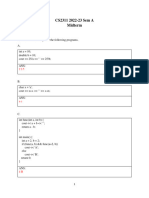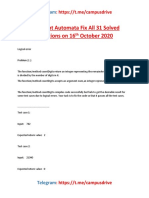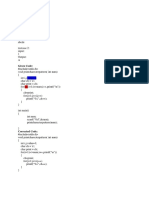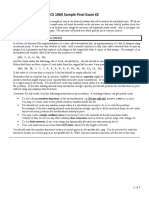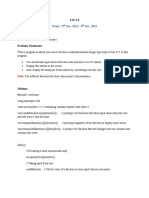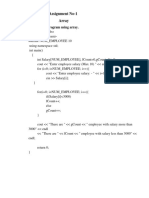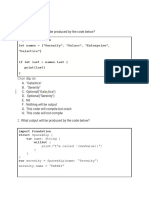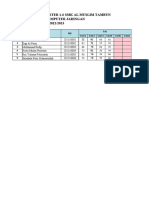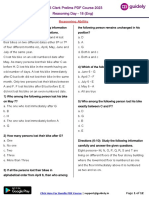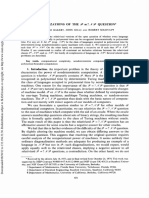0% found this document useful (0 votes)
12 views16 pagesCoding Questions
There are dsa questions given and errors need to be spotted and figured out
Uploaded by
kritikasharma.5104Copyright
© © All Rights Reserved
We take content rights seriously. If you suspect this is your content, claim it here.
Available Formats
Download as DOCX, PDF, TXT or read online on Scribd
0% found this document useful (0 votes)
12 views16 pagesCoding Questions
There are dsa questions given and errors need to be spotted and figured out
Uploaded by
kritikasharma.5104Copyright
© © All Rights Reserved
We take content rights seriously. If you suspect this is your content, claim it here.
Available Formats
Download as DOCX, PDF, TXT or read online on Scribd
/ 16


